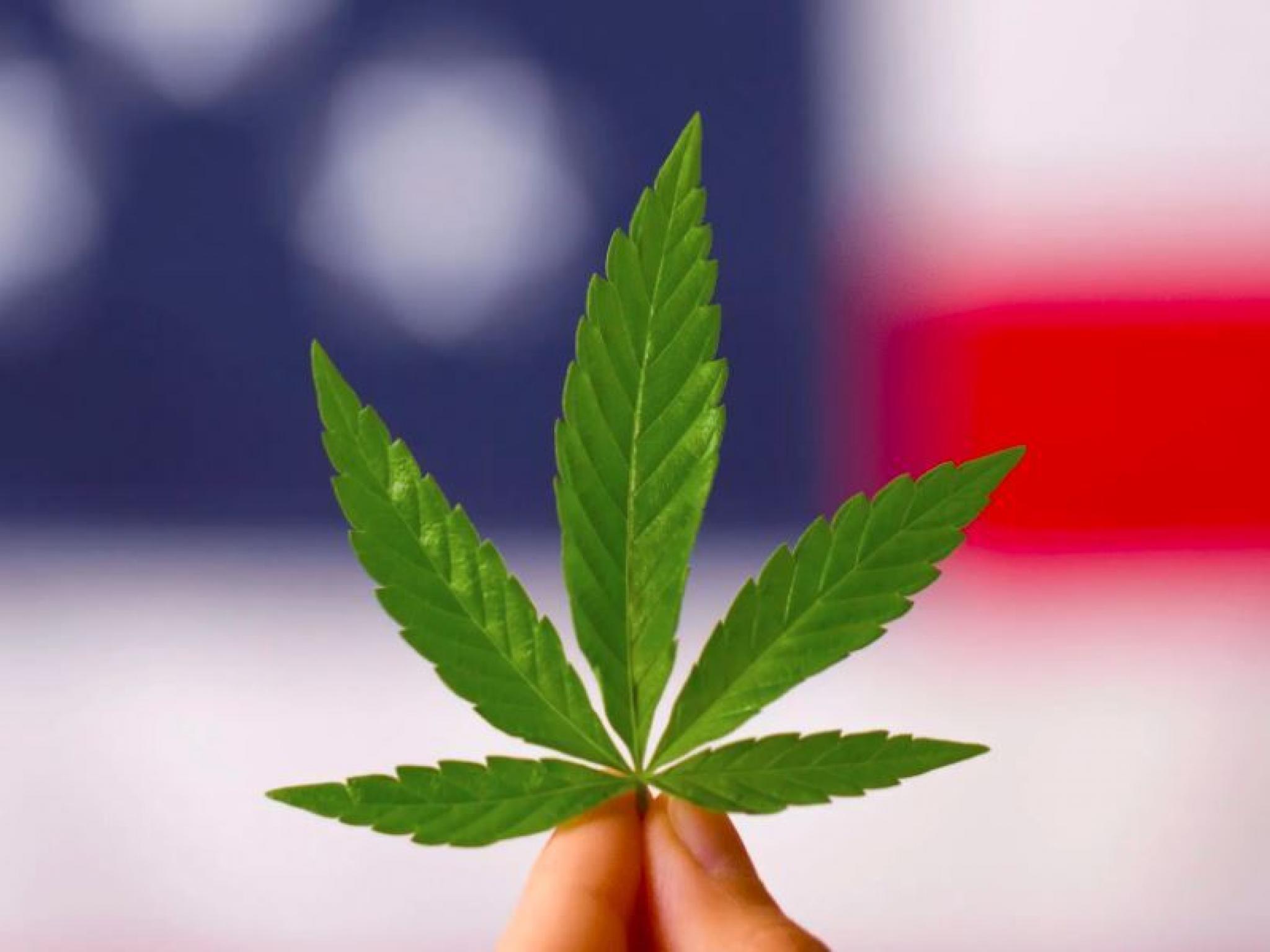
A new study, recently published in the Journal of Cannabis Research reported that the number of cannabis publications continued to increase during the last two decades despite cannabis prohibition.
According to the new study, between 1829 and 2021 almost 30,000 cannabis-related studies were published in 5,474 different journals.
"Over the last 20 years, the volume of cannabis research has grown steeply, which can be attributed to a large amount of funding devoted to research on this topic," the study reads.
The study used bibliometric analysis, a method commonly used to explore the development of research in a particular field, that relies on the quantitative analysis of large quantities of data to describe large scope trends, such as journal performance and the demographics of contributions.
NIDA Involved In Cannabis Research
In 2019, the National Institute for Drug Abuse (NIDA) issued a notice of special interest encouraging grant applications on the "effects of changing cannabis laws and policies in the U.S. and globally on public health."
The federal institute is a science-centered research organization responsible for providing the government with actionable information related to drug abuse and drugs in general. The institute also provides funding for research opportunities.
In February 2022, the agency issued a notice of interest with instructions for researchers on how to apply for funding.
“Policies around cannabis products (including whole-plant cannabis and cannabis constituent compounds) in the United States (and globally) continue to evolve, and far outpace the knowledge needed to determine the public health impacts of these changes,” the notice says. “Growing numbers of states have loosened restrictions on cannabis, including those on sales and use, bypassing medical marijuana laws or by making cannabis legal for adult recreational use, and in increasing numbers, states have done both.
In May, NIDA announced that it is searching for new partners who would supply cannabis for research purposes. To be eligible to aid with the "acquisition and/or production of cannabis and related materials," the partnering facilities need to be authorized by the Drug Enforcement Administration (DEA) to cultivate marijuana, according to the special notice.
Image by El Planteo







